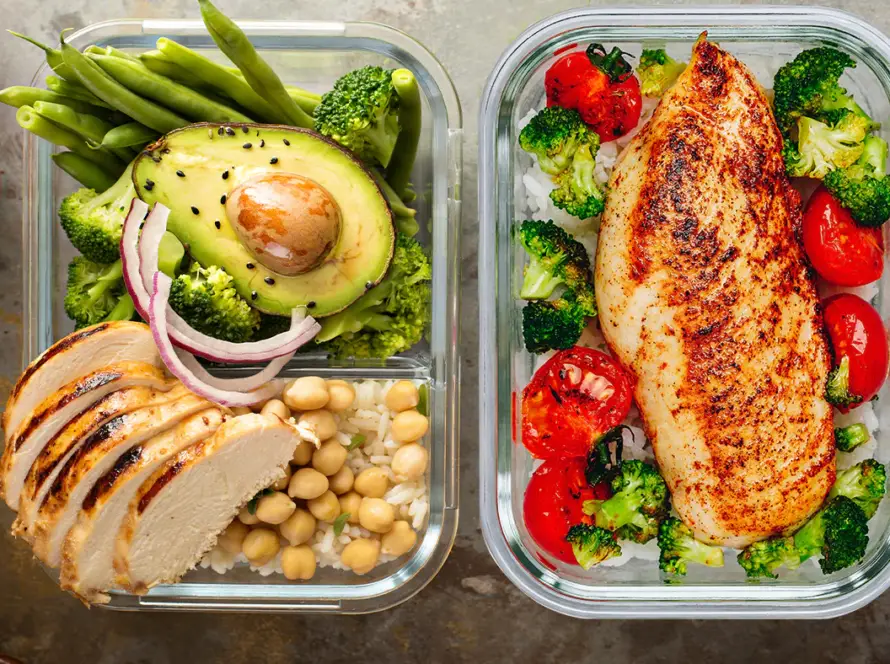💧 Why Hydration Matters
When it comes to sports, gym training, and performance nutrition, hydration often doesn’t get the same attention as protein, supplements, or training programs. Yet, water is arguably the most powerful and accessible performance enhancer available to every athlete.
Even a small drop in hydration can make a big difference. Research shows that losing just 2% of body weight through sweat can impair endurance, reduce strength, and increase feelings of fatigue (Sawka, Cheuvront & Carter, 2007). In competitive or high-performance settings, that small edge can decide whether you win, plateau, or underperform.
🚰 The Science of Hydration and Performance
Water is more than just a drink — it’s involved in nearly every physiological process in the body. From transporting nutrients to maintaining joint lubrication, hydration is critical for athletes across all sports.
Muscle Function: Muscles are ~75% water. Dehydration reduces the ability of muscles to contract effectively, which can lead to cramps and weakness (Popkin, D’Anci & Rosenberg, 2010).
Temperature Regulation: Sweating is the body’s natural cooling system, but without proper fluid replacement, overheating and heat exhaustion become real risks.
Energy Transport: Glycogen, the body’s stored energy, requires water for storage and release. Low hydration slows energy availability, leading to faster fatigue.
Cognitive Function: Even slight dehydration negatively affects concentration, reaction times, and decision-making (Casa, Clarkson & Roberts, 2010).
🏋️♀️ How Dehydration Affects Athletes
Dehydration doesn’t just make you thirsty. It creates measurable, negative impacts on performance:
Endurance Decline: Runners and cyclists see slower times and greater perceived effort.
Strength Reduction: Weightlifters and resistance athletes lose power and muscular output.
Slower Recovery: Hydration plays a role in flushing waste products and delivering nutrients for repair. Without it, soreness and recovery time increase.
Injury Risk: Dehydration reduces joint lubrication and increases the risk of muscle strain or ligament injury.
🥤 Smart Hydration Strategies for Athletes
Hydration is not just about drinking water whenever you feel thirsty — it’s about creating systems that match your training load, sweat rate, and environment.
Before Exercise
Drink 400–600ml of water 2–3 hours before training.
Add a light electrolyte drink if exercising in hot or humid conditions.
During Exercise
Aim for 150–250ml every 15–20 minutes of activity.
For sessions longer than 60 minutes, include electrolytes (sodium, potassium) to replace what’s lost through sweat.
After Exercise
Rehydrate with 1.5x the fluid lost. Weigh yourself pre- and post-training to estimate sweat loss.
Combine hydration with carbohydrates and protein to support recovery.
Daily Routine
Aim for steady hydration throughout the day, not just around training.
Monitor urine color — pale yellow indicates good hydration, while dark yellow signals dehydration.
🧃 Hydration Beyond Water
While plain water is effective, athletes may benefit from tailored hydration strategies:
Electrolyte Drinks: Help replace sodium and potassium lost in sweat.
Coconut Water: A natural source of electrolytes, though less sodium than sports drinks.
Milk: Studies show milk can be an effective recovery drink due to its protein, carbs, and electrolytes (Shirreffs et al., 2007).Caffeine: Moderate caffeine intake (e.g., coffee) doesn’t dehydrate when consumed with fluids — in fact, it can enhance performance.
🌟 Bottom Line
Hydration is one of the simplest, most affordable performance tools available to athletes. Whether you’re in the gym, on the field, or running outdoors, your performance depends on how well you manage fluid balance.
Don’t just think of hydration as preventing thirst — think of it as fuel for performance, recovery, and long-term health. Next time you plan your workout, treat water with the same priority as your protein shake or training program.
📚 References
Casa, D.J., Clarkson, P.M. & Roberts, W.O., 2010. American College of Sports Medicine roundtable on hydration and physical activity: consensus statements. Current Sports Medicine Reports, 9(3), pp.135–139.
Popkin, B.M., D’Anci, K.E. & Rosenberg, I.H., 2010. Water, hydration and health. Nutrition Reviews, 68(8), pp.439–458.
Sawka, M.N., Cheuvront, S.N. & Carter, R., 2007. Human water needs. Nutrition Reviews, 63(6), pp.S30–S39.
Shirreffs, S.M., Watson, P. & Maughan, R.J., 2007. Milk as an effective post-exercise rehydration drink. British Journal of Nutrition, 98(1), pp.173–180.



